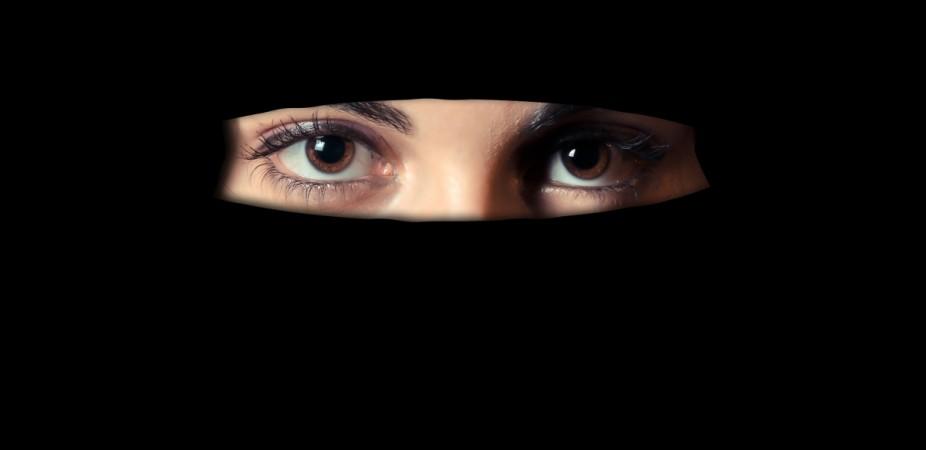
The Allahabad High Court has ruled that triple talaq is "unconstitutional" and that "it violates the rights of Muslim women. No Personal Law Board is above the Constitution."
Triple talaq is the Islamic practice of divorcing a woman by uttering the word "talaq" thrice consecutively.
The All India Muslim Personal Law Board (AIMPLB) has always defended the practice saying that it is better to divorce a woman than kill her and that the court cannot question the rights that come with religion. It had also said that men were given the right to divorce because they "have greater power of decision making. They are more likely to control emotions and not take a hasty decision."
According to India's law, any ruling given by a particular high court is applicable to all states until that particular HC, which gave the order, rules against it.
Prime Minister Narendra Modi had said in October 2016 that the government cannot allow the lives of Muslim women to be destroyed by the practice of triple talaq.
"It is the responsibility of the government and the people of the country to give justice to Muslim women under the Constitution. The debate should be between Muslims who want reforms and those who do not want reforms. "Is it fair for a man to say "talaq" thrice over the phone and a Muslim woman's life to be ruined?" Modi had said.
He also added that he was surprised to see that certain parties wanted to deprive Muslim women of their basic rights for the sake of vote banks. He urged people to not politicise the issue.
However, All India Majlis-e-Ittehad-ul Muslimeen (AIMIM) chief Asaduddin Owaisi had accused Modi of politicising the issue of triple talaq to gain votes ahead of assembly elections in some states.
"Around 7.36 crore Muslims are married in the country and they have not divorced. Hardly one per cent of Muslims have gone for talaq," Owaisi had said.
The AIMPLB had launched an awareness campaign in October this year directing Imams across India to give discourse on rights of women in Islam to avoid misuse of Islamic laws and to prove that the perceived ills of the triple talaq law are being "blown out of proportion."
Mahali said, "Islam is the only religion which practices ladies first. It is for this that the consent of women is taken before the groom in weddings and women have a right in their father's and husband's property... Men and women have equal right for everything in Islam; be it right to marriage, separation, inheritance, education, extravagance during weddings."
The AIMPLB had also warned Modi of an 'internal war' after the law Commission announced that it wanted to know the opinion of the public on triple talaq in a bid to end the practice.
The Census data of 2011 had revealed that almost 80 percent of the divorced Muslims in India are women. It further showed that for every divorced Muslim man, there are four divorced Muslim women, and across religious communities, the gender skew is particularly high in Muslims (79:21).
The Bharatiya Muslim Mahila Andolan (BMMA) had demanded that all Shariah courts be banned citing that 92 percent of Muslim women opposed the practice of triple talaq after the AIMPLB defended it. They had said that the practice rendered Muslim women helpless as the divorce phrase is increasingly pronounced over telephone conversation or sent via a text message or email. The qazis take advantage of the situation and offer themselves as temporary husbands, highlighting another accompanying practice called 'nikah halala' — where a woman, to get back to her husband, must consummate a second marriage with another man.
A petition to ban triple talaq was also initiated and received over 50,000 signatures from both men and women from the community.
However, the AIMPLB had said in the Supreme Court that personal laws like marriage, divorce and maintenance can't be challenged by the court as it would be a violation of the fundamental rights provided by the Constitution.
"The validity of the rights in one religion can't be questioned by court. As per Quran divorce is essentially undesirable but permissible when needed," the board said.
#FLASH Allahabad High Court says "triple talaq is unconstitutional, it violates the rights of Muslim women"
— ANI UP (@ANINewsUP) December 8, 2016
"No Personal Law Board is above the Constitution," says Allahabad High Court — ANI UP (@ANINewsUP) December 8, 2016
More details are awaited.
















